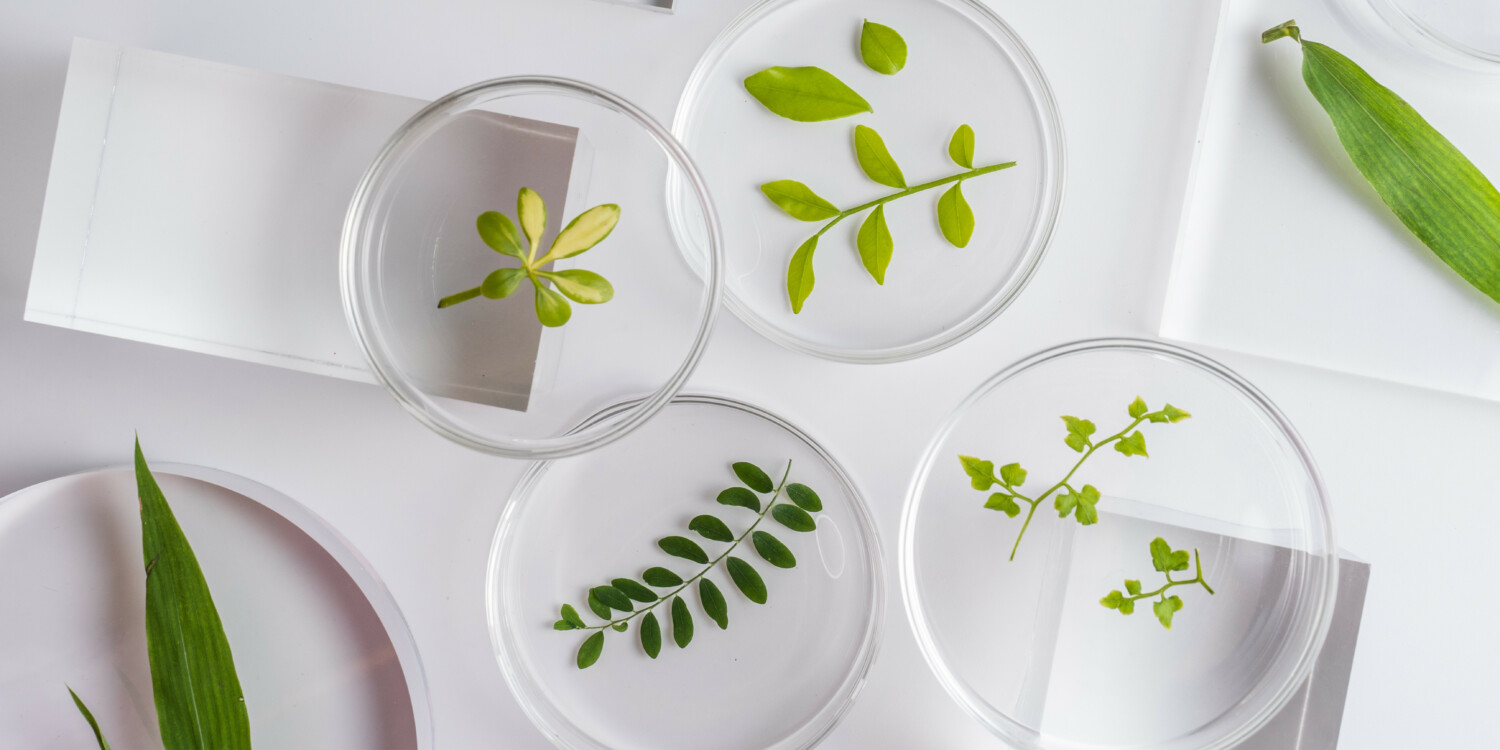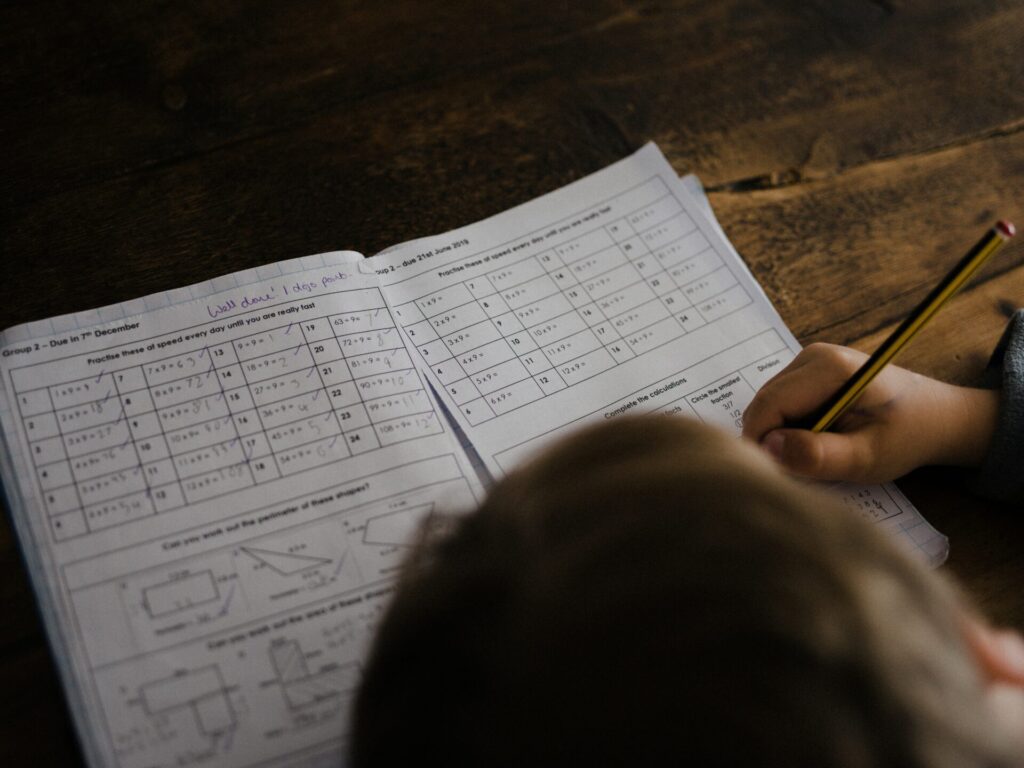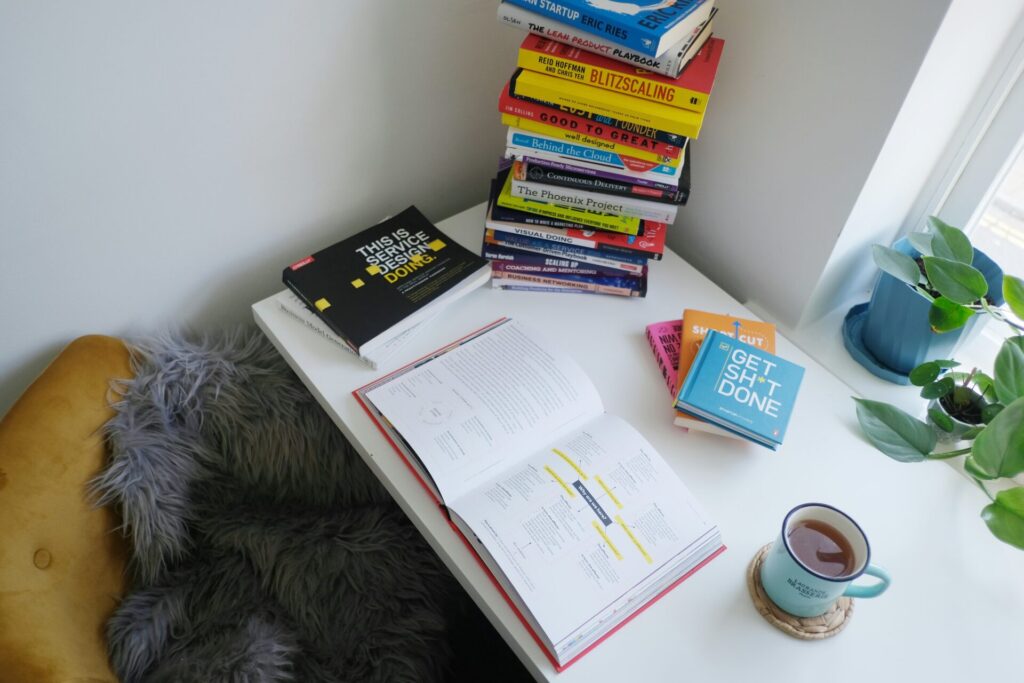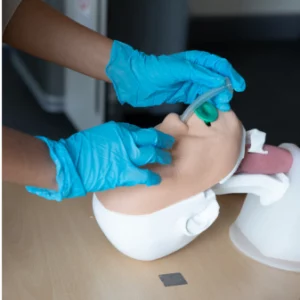Revising chemistry A-Level may seem hard with only 13.6% of England A-Level Chemistry students achieving an A*, and just 24.4% received an A in 2022, but it can be made easier.
Chemistry is difficult to revise because of the vast amount of detail you need to cover. Not to mention the mathematical concepts you need to master. That’s why many students struggle to focus and stay motivated.
But here’s the good news, with the right technique, you can make your revision faster and more efficient. That’s why we ensure our chemistry summer course students have access to academic workshops.
Here they have a personal tutor from Cambridge and/or Oxford to help them solidify their study skills.
We’ve also gathered practical revision strategies in this guide. If you incorporate these tips into your student life, you’ll feel more assured about getting a top grade for A-Level Chemistry!
6 Easy Chemistry A-Level Revision Tips
What are the top tips on how to To Get an A * in Chemistry A Level? Check out the following:
1. Make Use of Past Papers
One of the best ways to prepare for your Chemistry A-Level exams is to practise using past papers. You will get a feel for the types of exam questions that are likely to come up. So you can practice ahead of time.
It’s not enough for you to know the answer. (Or how to answer because many chemistry questions involve problem-solving.) The key is to answer as many questions correctly within a given time frame.
If you have no idea what to expect, you’ll likely be staring at the exam paper in disbelief. You don’t want to be caught off-guard!
Maximise past papers by using the mark scheme. So you’ll know how to tackle the practice questions. Feel free to ask your teacher if you need help understanding a question.
You can find past papers for Chemistry A-Levels, depending on your exam board and specifications below:
Examining past papers is especially important for OCR paper 3 revision. Students who achieved A* emphasise that you must know the content and structure of past papers to excel.
2. Practise the Maths in Chemistry!
The maths involved may surprise you as you’re starting A-level Chemistry. Don’t worry! You can learn to solve even the most challenging calculation question with proper work and determination.
Begin by understanding the Chemistry concept behind the maths formula. Then, familiarise yourself with the formulas. Isn’t Mathematics the language of science?
Take your learning a step further after grasping the connection between the concept and the formula. How? By practising the following:
- Converting units
- Solving Chemistry/Maths problems (e.g. calculating atomic mass)
- Interpreting graphs and diagrams
The goal is to make problem-solving feel second nature to you. Of course, memorisation helps in remembering formulas. But it’ll only be useful if you understand how to use it in solving problems.
3. Look Ahead and Stay Organised
The best way to keep on top of all your chemistry revision is to look ahead on every topic and organise. So how do you do this? Start by creating a table or chart containing topics covered for your A-Level Chemistry exams.
These are the reasons why this is a crucial step.
- Chemistry concepts are interconnected. You will only get what chemical bonding is all about if you understand basic atoms.
- You’ll feel more confident when you know what’s ahead. Are you aware that you’ll eventually encounter states of matter? Then currently studying chemical bonding will make more sense.
- Do you feel lost in the middle of the course? Looking where you are in the table or chart will help determine which topic needs revisiting. It’ll help you better understand the current topic.
- Read ahead and learn at your own pace when you have more time. So you can better follow what the professor talks about when lectures come.
You can also treat the chart as your Table of Contents. Where are your notes regarding atoms and molecules? Note it down. Having everything “gathered” in one place makes revising A-Level Chemistry way easier.
So you won’t have to scramble around searching for your notes each time!
4. Create a Master List of Definitions and Formulas
Remember how topics in A-Level Chemistry progress from previous ones? Each concept and equation becomes more complex as you advance. Create a master list containing the definitions and formulas to better track the progression.
Add to the list as you go along to ensure you have complete info. Helping you jog your memory when you look back at your handy library.
Also, writing down definitions and formulas helps you understand the concepts better. Why? Because you’ll have to think about what each element means. As opposed to passively reading about them in a textbook.
Actively writing and rewriting formulas can also help with problem-solving as you become more accustomed to the different variables in the equation. Remember to note what each variable stands for and their explanation.
You can answer these two questions just by glancing at the formulas within your master list for quick revision:
- What does this mean?
- How do I use this equation?
5. Use Flash Cards To Quiz Yourself!
Want to further solidify your recall of Chemistry concepts? Then, create flashcards to quiz yourself!
Flashcards are a great way to gauge how well you remember the material. Plus, they make learning more fun and engaging. How so? By adding spontaneity!
Here’s what we mean.
By now, you have your master list of concepts and formulas, yes? You can use it as a reference when creating your flash cards. The key is to write the question on one side and jot down the answer on the other. So you’ll get a question when you pick a random card.
Try answering it and then turn the card around. Did you get the correct answer?
Why is spontaneity an excellent way to test your recall and understanding? Because reading notes and textbooks sometimes engage your photographic memory more than your actual understanding.
You may recall a formula or concept simply by how it was positioned on paper rather than actually understanding what it means. So you solidify your knowledge with efficiency and fun by using flashcards!
6. Why Not Study with Friends?
Why not try studying with friends if you find it boring to study alone? We all learn differently. Some prefer to read in the quiet of their own room. But if this is not you, perhaps you’d prefer learning by interacting with your peers.
There are many studying strategies you can try out with your study buddies.
One is to teach each other. You’ll be surprised at how much you learn when you teach a concept! And you can more easily see the gaps in your understanding. Because you’ll notice when you make sense or not as you listen to yourself explain.
Also, it’s easy to see how you performed based on your buddy’s reaction. They can even give you useful advice!
Another fun revision strategy is to quiz each other! You can set up consequences for the person with the lowest score to increase the stakes.
Who said revision can’t be fun? You’ll have more accountability to stick to your revision schedule by studying with your friends!
What percentage do you need for an A * in A Level chemistry?
You will need to achieve 90% or more on the uniform mark scale to get A* in A-Level Chemistry.
How To Prepare For Chemistry A-Level Exam?
The above section discussed how you can have a comprehensive revision of Chemistry in general. Here we’ll talk more about how you can prepare for exams.
- Plan a study schedule. Cramming is a HUGE mistake because you can pass the subject at best. But it’s only with a consistent revision routine that you’ll have a clear shot at that A*.
- Review what you’ve already learned to continually refresh your mind. Thereby entrenching lessons deeper into your long-term memory. Checking the syllabus can help you get your bearings too.
- Take care of yourself. It won’t do walking to exam day feeling sick and exhausted. It’s like neglecting your car and expecting it to run smoothly through the miles.
It may seem that basic good habits like getting enough sleep and eating nutritious food are boring. But you’ll be surprised how these can bring you far!
- Balance your studies and social life. You may lose your motivation if you focus too much on your studies. On the other hand, your grades will suffer if you neglect your studies in favour of social life. Balance is the way to go!
- Stay positive. Go to a good friend if you feel unsure of yourself. Do you find something too difficult to understand? Ask for help from a knowledgeable professor! Don’t let yourself sink into despair when you get stuck. There will always be a way out!
Join the Immerse Education 2025 Essay Competition
Follow the instructions to write and submit your best essay for a chance to be awarded a 100% scholarship.

Why is A-Level Chemistry Difficult?
A-Level Chemistry is difficult for several reasons, including:
1. Complexity. There are three sub-categories you will need to study
- Physical
- Inorganic
- Organic
Each of these sub-disciplines has its own principles and formulas. But they do build on one another. So you’d find inorganic and organic chemistry mind-boggling if you didn’t understand the mechanism of physical chemistry.
2. Mathematics may not be your cup of tea, but Chemistry does use it a bit. Is your exam board AQA? If so, at least 20% of its assessment marks require maths.
You will need to sharpen your problem-solving skills and memorise formulas and reactions. The key is understanding the underlying principle.
3. Laboratory work is another factor that makes Chemistry difficult. It’s not enough to master the theory because you will also have to demonstrate your practical skills. That includes being skilled in handling lab equipment and performing calculations on the spot.
What is the Hardest Topic in A-Level Chemistry?
The hardest topic in A-Level Chemistry depends on your personal strengths and weaknesses. For instance, you won’t find calculations hard if you’re passionate about maths.
But rate equations and equilibrium may be particularly challenging if you dislike mathematics.
What you should do if you find a topic hard? Ask for help from your teacher or friend. Any positive assistance can turn the odds in your favour.
There you have it! Six practical revision strategies to help you ace A-Level Chemistry. Check out the best-ranked UK universities for Chemistry to motivate you to study!
Do you want to know the A-Level entry requirements for Chemistry? Then, check out the article entitled “a-level requirements for chemistry” to help you get into the university of your choice.



















